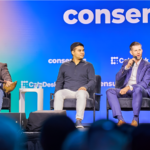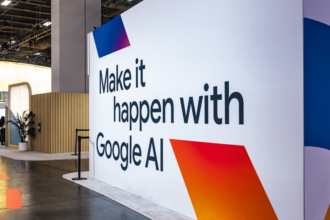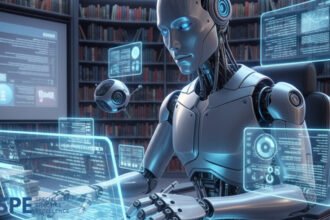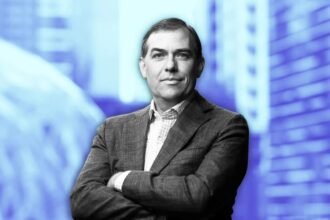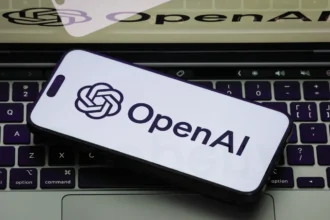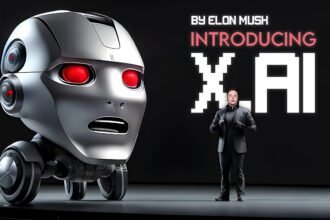Sam Altman, CEO of OpenAI, shared fears over the rapid pace of the company’s growth — but claims that its construction/development journey is essential to address the demand for AI. “People are worried. I totally get that. And that seems very natural to me, Sam said in an interview with CNBC, a famous news channel. “The growth we are doing would make any business I have ever heard of breathless.”
In recent days, the company has also announced ambitious plans to construct a series of colossal data centers, working alongside Oracle, Nvidia, and SoftBank. Combined, the sites would represent 17 gigawatts of electricity, enough to power over 13 million U.S. houses.
However, Altman said the rapid growth is a response to demand for OpenAI’s products, using ChatGPT as an example, as the use of the chatbot has increased tenfold in 18 months.
And this is what gives you AI at the end of the day,” he said. Compared to earlier technological revolutions, or earlier generations of the internet, this has to be built on so much infrastructure — this is just a microcosm of what’s required.
Every site is biased for at least $50 billion, and the total spend is ready at $850 billion. Analysts at HSBC on Monday said AI infrastructure investment globally could total $2 trillion.
The comments from the CEO follow rising fears that the AI space is a bubble. On Sunday, Bain & Co. warned that businesses building AI are spending billions on fresh data centers but are not on track to make enough money to cover their cost.
Bain, in its annual Global Technology Report, estimated that AI firms will require around $2 trillion of annual revenue by 2030 to support the computing required to fulfill demand, yet would fall short by $800 billion, as services like ChatGPT generate lower revenues than the infrastructure needed to support them.
As it focuses on growth, OpenAI is pouring billions of dollars a year into the business—though the company believes it’ll be cash-flow positive by 2029.
According to Altman, electricity is the primary issue confronting the industry, but he also said cycles of overbuilding and retrenchment are seen during every major technological transition.
Some will retire because they overinvest, while others will face problems because they underinvest and lack enough capacity to serve new customers,” Altman told me Tuesday. Dumbest Lucky Guessers Will Go Wild and Money Will be Lost—Smart People. This is going to make a lot of money for people. However, I firmly believe this particular tech is going to be a huge value to society in the long run.”







